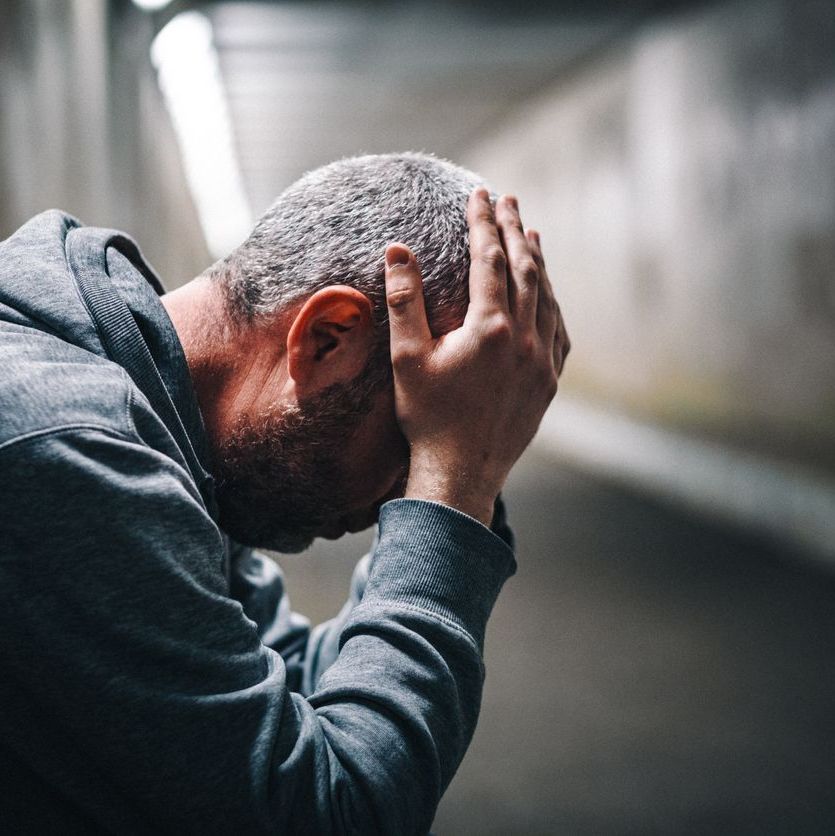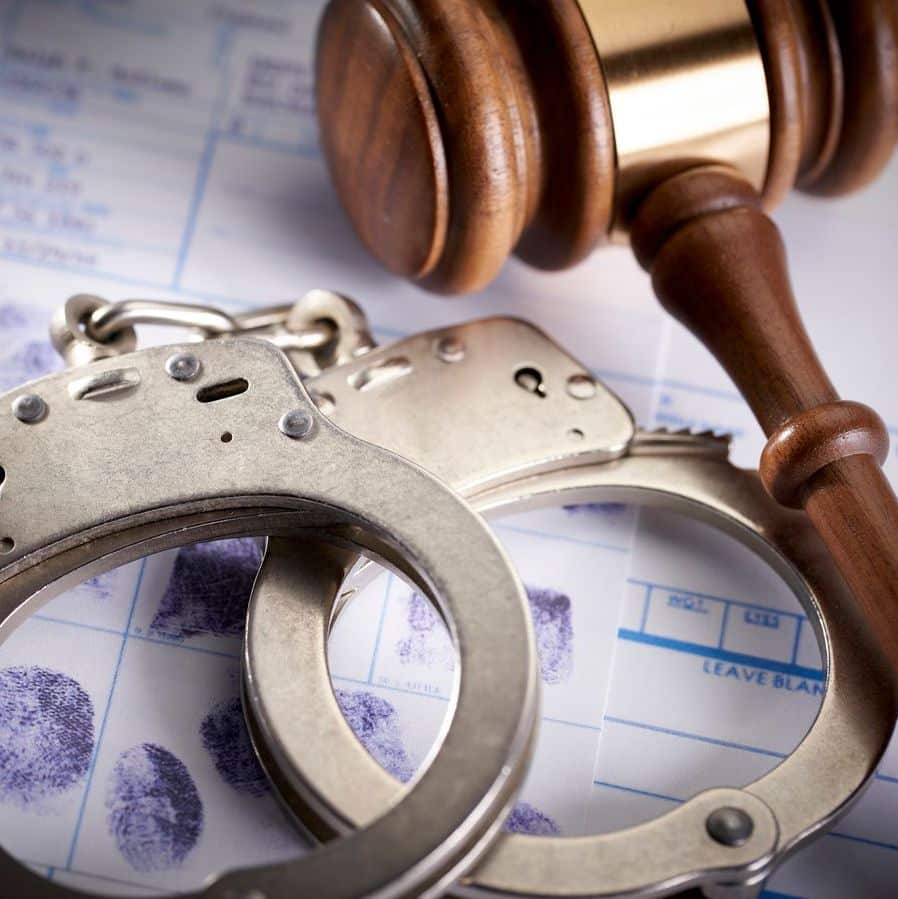Expungements & Petitions for Dismissal – PC §§ 1203.4, 1203.4a, 1203.41, 1203.42
Criminal charges on your public record can follow you. If you were convicted of a crime, one of the biggest fears you may have is that your criminal record will haunt you for the rest of your life. If this fear keeps you awake at night, you might want to explore your options to get a court order to clear your record.
In California, misdemeanor and felony convictions will generally remain on the convicted person’s criminal record for life. The adverse consequences of a lifelong criminal record may seem unfair and frustrating.
At Gressley & Donaldson, we understand that the mere thought of your criminal history following you around forever can be horrifying. Fortunately, not all convictions have to be permanent. California Penal Code PC 1203.4 allows eligible individuals to seek an expungement to be free of many of the negative effects of their conviction.
Do you want a fresh start with a clear criminal record? Contact Gressley & Donaldson to discuss your eligibility for an expungement. We can help you prepare a petition for dismissal and navigate the expungement process.
Define California Expungement Law PC 1203.4
According to the official website of the Judicial Branch of California, the California state law does not use the terms “expungement” or “petition for expungement.” Instead, it allows eligible individuals to dismiss the accusations and/or information against them and release them from all “penalties and disabilities” resulting from the criminal case.
California Penal Code Section 1203.4 allows eligible individuals who have been convicted of misdemeanors and felonies to file a petition for dismissal and get their conviction expunged. Expungement involves reopening the defendant’s case and:
- having their guilty plea or guilty verdict set aside; and
- dismissing their case.
California law recognizes the defendant’s right to file a petition for dismissal under the following subsections:
- PC 1203.4 for defendants convicted of a misdemeanor or felony with probation granted.
- PC 1203.4a for defendants convicted of a misdemeanor or infraction with a sentence other than probation.
- PC 1203.41 for defendants who served a felony county jail sentence or felony state prison sentence.
- PC 1203.42 for defendants who served a felony prison sentence but would have received a jail sentence if convicted after the passage of Proposition 47.
However, even if a defendant is otherwise eligible for an expungement, their petition for dismissal will not be granted if they were convicted of specific offenses, including murder, serious violent crimes, and most sex crimes involving minors. Consult with a lawyer to discuss your eligibility for an expungement.

What an Expungement Can and Cannot Do?
By filing a petition for dismissal to get an expungement under PC 1203.4, the petitioner can erase almost all penalties and disabilities resulting from their offense. Once the court grants the petition, the petitioner is no longer considered convicted of the offense by the State of California. This allows many people to have a fresh start in their lives as they will be able to honestly answer “no” when asked “Have you ever been convicted of a crime?” by potential employers, landlords, loan agencies, and others.
However, there are certain limitations on what an expungement can do. Here is an overview of some of the things an expungement cannot do:
- Remove restrictions imposed on your driving privilege
- Reinstate a suspended or revoked driver’s license
- Restore your gun rights
- Remove the obligation to register as a sex offender
Discuss your situation with our lawyers at Gressley & Donaldson to discuss what an expungement can and cannot do in your specific case.
What Are the Benefits of Expungement?
There are a multitude of benefits to gain after expunging your conviction when such an option is available to you. Some of the most prominent benefits of expunging your criminal record include:
- Peace of mind. Knowing that a past mistake does not have to burden you anymore can provide you with a much-needed sense of relief. By expunging your conviction, the record is removed both from paper and from your mind, which allows you to live your life to the fullest and free of the stigma associated with a criminal conviction.
- Employment. Most employers in California conduct background checks before hiring job applicants. Those background checks can show your arrests, convictions, and other criminal records. By expunging your record, it is removed from public access, which means it will no longer appear on background checks. This can expand your employment opportunities and allow you to pursue your desired career path.
- Housing. Landlords, like employers, conduct background checks before allowing someone to access their properties. When a background check shows a criminal record, it can significantly reduce the chance that your application will be approved. Some landlords may rent out their property to tenants with a criminal record but may charge them a higher rent and/or deposit. By expunging your criminal record, you may be able to enjoy greater housing opportunities.
- Loans. Many loan agencies are biased against applicants with a criminal record thinking that they are less likely to pay back the loan. That is why a person with a criminal conviction on their record may have a hard time getting a loan or having to pay higher interest rates if their application is approved. By getting your conviction removed from your record, you can improve your loan eligibility and secure more favorable terms.
By expunging your record, you can get a sense of relief and move on with your life without looking back on a mistake you made many years ago.
Expungements & Petitions for Dismissal Frequently Asked Questions

If you are considering applying for an expungement of an existing conviction to remove the burden of a past mistake once and for all, you may have many questions about how to proceed with your petition for dismissal. Below, we will address some of the most frequently asked questions our lawyers at Gressley & Donaldson get asked when discussing expungements with clients:
- When can I apply for an expungement under PC 1203.4?
If you are eligible to get an expungement under PC 1203.4, you can apply for an expungement by filing a petition for dismissal upon successful completion of your probation or the early termination of probation granted by the court, whichever occurs first.
- How do I expunge a conviction in California?
You or your lawyer can initiate the expungement process by filing form CR-180 (Petition for Dismissal) with the court where the conviction occurred. If your petition is approved, the court will dismiss the accusations against you. When this happens, you will be released from all penalties and disabilities of your misdemeanor or felony conviction. You might want to get the assistance of a lawyer to help you with this process from start to finish and increase your odds of the court granting your petition.
- Can you get an expungement if you violated your probation?
Generally, a person who wishes to get an expungement must successfully complete all conditions of their probation to be granted an expungement. However, if you violated the terms of your probation, you may still be eligible for an expungement. In this case, the court will hold a special hearing to determine whether or not you should be granted an expungement.
- What is the difference between expungement and sealing records?
Sealing records is not the same as expunging your records. When a criminal record is sealed, it will not be available to the public. However, law enforcement and certain government agencies will still be able to access your sealed records. An expungement, on the other hand, clears a conviction off your criminal record. Once the court grants your petition for dismissal, you will no longer be considered convicted of a crime by the State of California.
- Will an expungement restore my gun rights?
While an expungement relieves you from many of the consequences of the conviction, the ban on owning or possessing firearms is not one of them. Even if your petition for dismissal is granted, your gun rights will not be restored. However, if your gun rights were taken away due to a felony conviction, you may be eligible to file a PC 17(b) motion to ask the court to reduce your felony crime to a misdemeanor. Speak with a lawyer to discuss the options that may be available to you to restore your gun rights.
- How long will it take to expunge my conviction?
The timeline of getting an expungement may vary from one county to another but typically ranges from one to two months. However, our lawyers at Gressley & Donaldson have been able to help many of our clients have their petitions for dismissal filed and heard in under a month.

Gressley & Donaldson: Skilled Expungement & Petitions for Dismissal Lawyer
At Gressley & Donaldson, we understand that everyone makes mistakes. However, we also believe that your past mistakes should not haunt you for the rest of your life. Luckily, it is possible to remove a conviction from your record through the process known as an expungement or a petition for dismissal in California.
Case after case, we have seen the lives of our clients change for the better after getting an expungement. If you are ready to free yourself of your past mistakes and start a new life, discuss your options with our lawyer at Gressley & Donaldson.
contact us to start building your defense
We understand that being accused of a crime is one of the most challenging times of your life. Rely on us to advocate for your rights and to give you the defense you deserve.
